By Charles Laubach and Zahra Zaidi
|
The Authors
Charles Laubach Charles has practiced as a legal consultant in the UAE since 1986. Charles has an active practice advising corporate clients on corruption and FCPA compliance matters, as well as on general corporate and commercial matters. His numerous publications on the subject include the UAE chapter in Anti-Corruption Regulation, published by Getting the Deal Through. He is a member of the Pennsylvania and DC Bars. The Authors
Zahra Zaidi Zahra is an associate in Afridi & Angell’s corporate and commercial team. She advises clients on general corporate and commercial transactions, compliance and their regulatory obligations. She has extensive experience advising on cross-border transactions, corporate structures, and due diligences. Zahra obtained a Bachelor of Laws degree from the University of Sydney and is admitted to the Supreme Court of New South Wales and the High Court of Australia. |
The past year has been a busy one for AML compliance in the UAE.
In October 2018, Federal Decree-Law 20 of 2018 on Anti-Money Laundering and Combating the Financing of Terrorism and Illegal Organizations (AML Law) came into force. It contained features recommended by the Financial Action Task Force (FATF), and brought UAE laws in line with international AML standards.
The AML Law was followed by the implementing regulations in January 2019, which have helped bring further clarity to the intended operation of the AML Law. The Implementing Regulations were issued on 28 January 2019 pursuant to Cabinet Resolution 10 of 2019 (AML Regulations).
In May 2019, the UAE Securities and Commodities Authority (the SCA) promulgated guidelines for financial institutions on Anti- Money Laundering and Combating the Financing of Terrorism and Illegal Organisations (the AML Guidelines).
The AML Guidelines, resulting from a joint effort among the supervisory authorities of the UAE, set out the minimum expectations of the supervisory authorities regarding the factors that should be taken into consideration by financial institutions when identifying, assessing, and mitigating the risks of money-laundering, financing of terrorism, and financing of illegal organisations.
Do the AML Guidelines form part of the law?
The AML Guidelines do not constitute regulations or legislation. They are intended to be read together with the AML Law and Regulations as well as all other relevant Cabinet Resolutions and regulatory rulings currently in force in the UAE and the free zones. The AML Guidelines are not a replacement or substitution for any existing legal requirements or statutory obligations. The SCA has made it clear that, in the event of an inconsistency between the AML Guidelines and any legal or regulatory framework in place in the UAE, it is the latter that will prevail.
Who do the guidelines apply to?
As a starting point (with exceptions noted throughout the guidelines), the AML Guidelines apply to all financial institutions, and their directors, managers and employees, established or operating in the UAE or the UAE’s free zones, that establish or maintain business relationships with customers or engage in any of the financial activities or transactions or trade or business activities outlined in the AML Regulations.
Specifically, they are applicable to all such natural and legal persons in the following categories:
- banks, finance institutions, exchange houses, money service businesses (including monetary value transfer services);
- insurance companies, agencies, and brokers;
- securities and commodities brokers, dealers, advisors, investment managers; and
- other financial institutions not mentioned above.
The AML Guidelines define a financial institution as any person who conducts one or more financial activities or operations for or on behalf of a customer. The term business relationship is defined as any ongoing commercial or financial relationship established between financial institutions or designated non-financial businesses and professions (DNFBPs) and their customers in relation to activities or services provided by them.
What is contained in the AML Guidelines?
The AML Guidelines are organised into five parts, which consist of the following:
Part 1 – Overview: This includes background information of the UAE’s AML legislative and strategy framework including key provisions of the law and regulations affecting financial institutions;
Part 2 – Identification and assessment of money laundering and financing of terrorism risks;
Part 3 – Mitigation of money laundering and financing of terrorism risks;
Part 4 – AML and anti-terrorism financing (ATF) compliance administration and reporting requirements, including guidance on governance, suspicious transaction reporting and record keeping; and
Part 5 – Appendices including a glossary of terms and links to relevant portals.
The AML Guidelines have been prepared such that, where sufficiently clear guidance is provided in the AML Law and AML Regulations, no additional guidance is provided in the AML Guidelines. However, where the AML Law or AML Regulations do not specifically cover a topic but such topic is addressed implicitly or by reference to international practices, the AML Guidelines seek to provide guidance to bring some clarity to their intended application in the UAE.
How do the AML Guidelines interact with guidance from other supervisory authorities?
The AML Guidelines address some inconsistencies that may arise from the legal and regulatory framework currently in place, from previous laws or regulations, or from differences in regulatory requirements between the various supervisory authorities in the UAE. The AML Guidelines recommend, however, that for any unaddressed inconsistences between supervisory authorities, financial institutions should contact their relevant supervisory authority.
It appears that with the introduction of the AML Guidelines, other supervisory authorities may begin publishing guidelines of their own relating to AML and ATF compliance.
For example, on 30 June 2019, the Dubai Multi Commodities Centre (the DMCC) published its AML and ATF guidelines for financial institutions and DNFBPs. The DMCC’s guidelines are presented as the DMCC’s own interpretation of the AML Law and thus are not mandatory rules or regulations for entities operating in the DMCC. Rather, the DMCC makes it clear that it is the responsibility of all entities to review the AML Law and AML Regulations and determine the impact on their own business.
On 7 July 2019, the UAE Minister of Justice promulgated a number of resolutions introducing AML and ATF initiatives. The initiatives include:
- establishing a section for AML and ATF;
- issuing AML and ATF procedures for lawyers, notaries and independent legal professionals;
- establishing a Committee for managing frozen, seized and confiscated funds;
- issuing procedures dealing with situations where persons listed on the local terrorism lists use frozen funds;
- issuing guidance on the grievance mechanism for persons disputing listing on the local terrorism lists; and
- issuing procedures and conditions for requesting international judicial cooperation on the sharing of the proceeds of crime.
Conclusion
While not legally binding, the advent of AML and ATF guidance from the various supervisory authorities of the UAE is a welcome step for businesses in the UAE. It will allow entities subject to the AML Law and AML Regulations to understand how supervisory authorities may construe their obligations and to take the recommended practical steps to ensure they are in compliance with their obligations pursuant to the AML Law. ■
| Afridi & Angell
Founded in 1975, Afridi & Angell is a full-service UAE law firm in its fifth decade at the forefront of the legal community. From the beginning, our hallmarks have been a commitment to quality, unsurpassed knowledge of the law and the legal environment, and crafting of innovative business solutions. Licensed in the three largest Emirates of Abu Dhabi, Dubai and Sharjah as well as the Dubai International Financial Centre, our practice areas include banking and finance; corporate and commercial law; arbitration and litigation; construction; real estate; infrastructure projects; energy; project finance; maritime (wet and dry); and employment. We advise local, regional and global clients ranging in size and sophistication from start-ups, sole proprietorships, family-owned businesses, entrepreneurs and investors to some of the world’s largest public and private companies, governments and quasi-government institutions. We attract and retain clients with our dedication to practical guidance focused on their business needs supported by decades of experience here in our home jurisdiction, the UAE. Afridi & Angell is the exclusive member firm in the UAE of top legal networks and associations, most notably Lex Mundi, the world’s leading network of independent law firms, and World Services Group. |
| Afridi & Angell’s inBrief provides a brief overview and commentary on recent legal announcements and developments. Comments and opinions contained herein are general information only. They should not be regarded or relied upon as legal advice.
© 2019, Afridi & Angell |




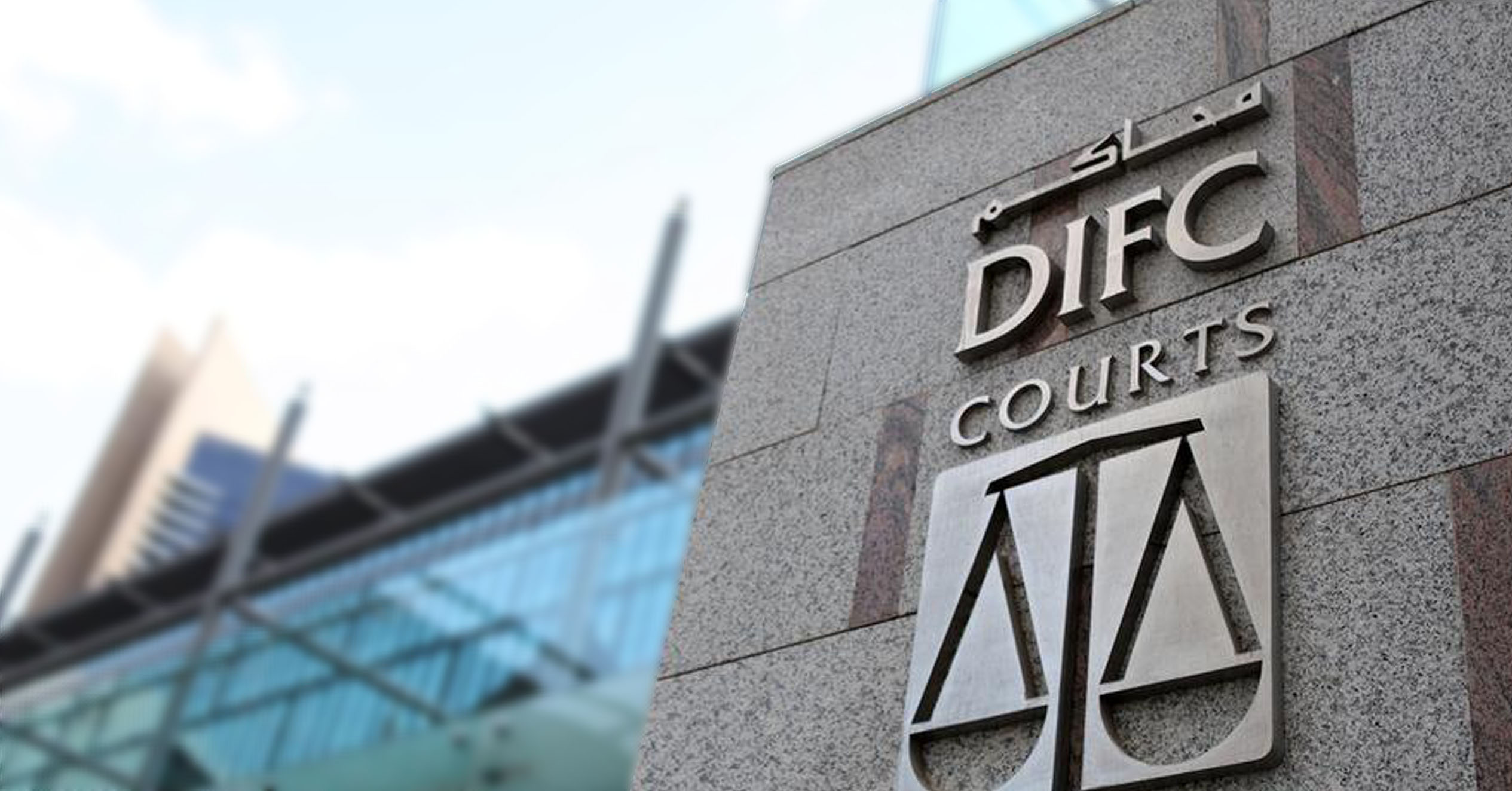






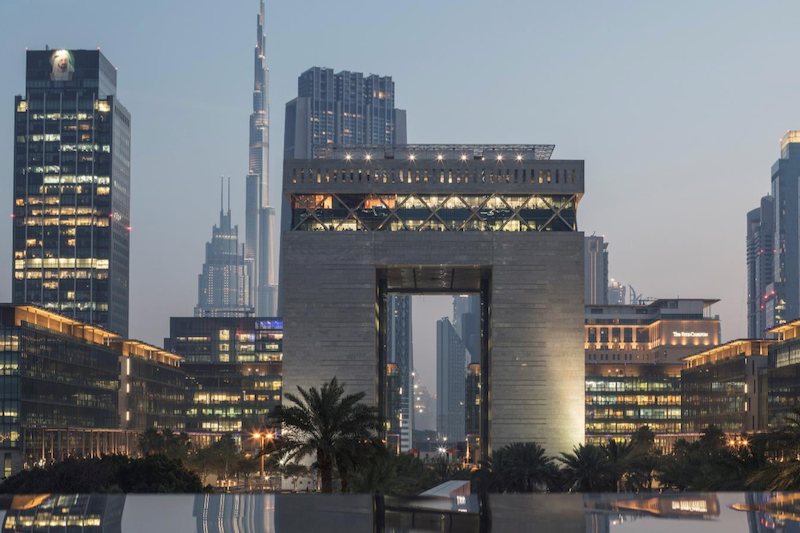



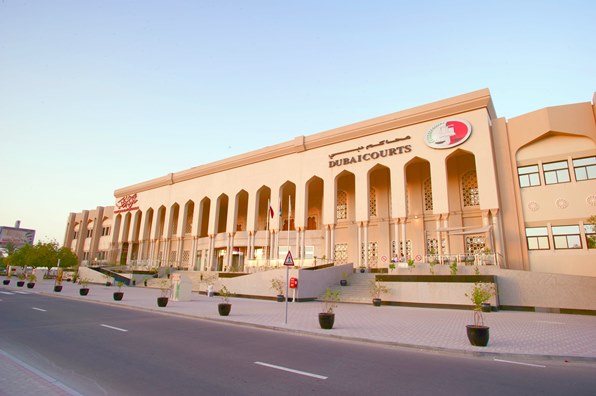









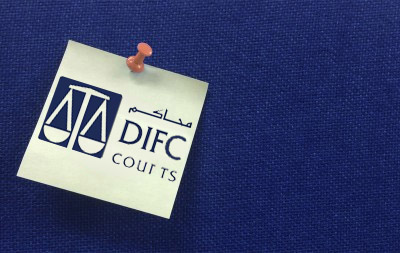
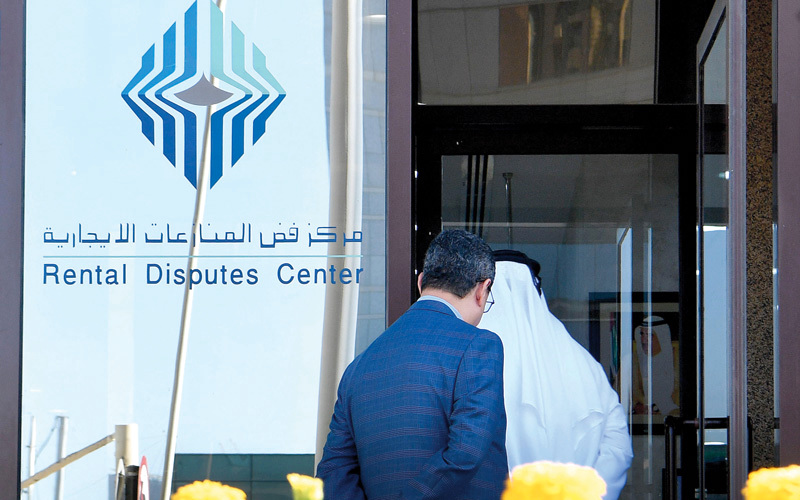
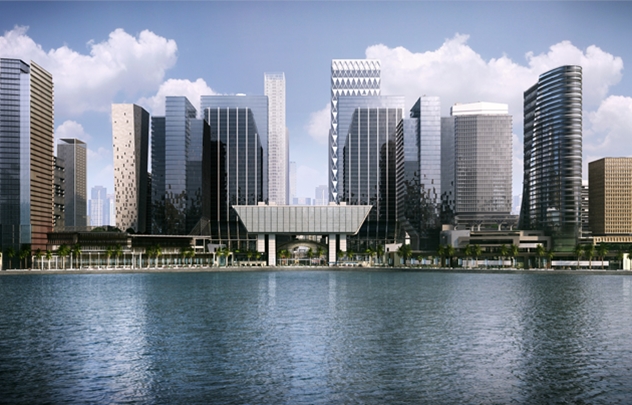











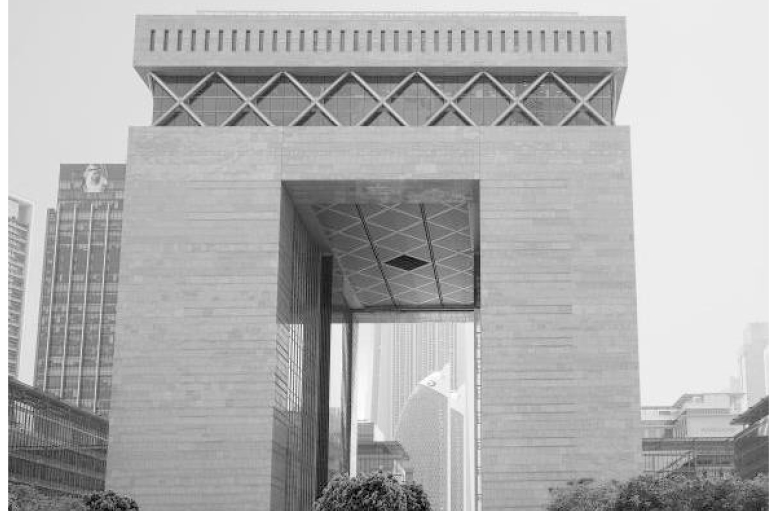




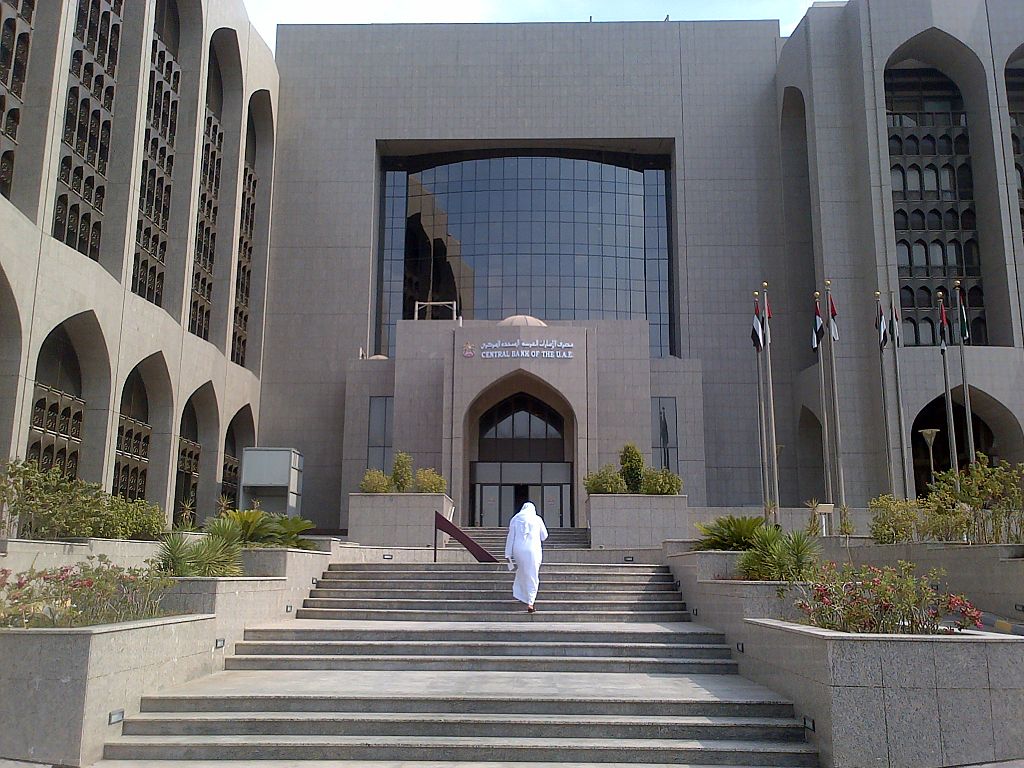

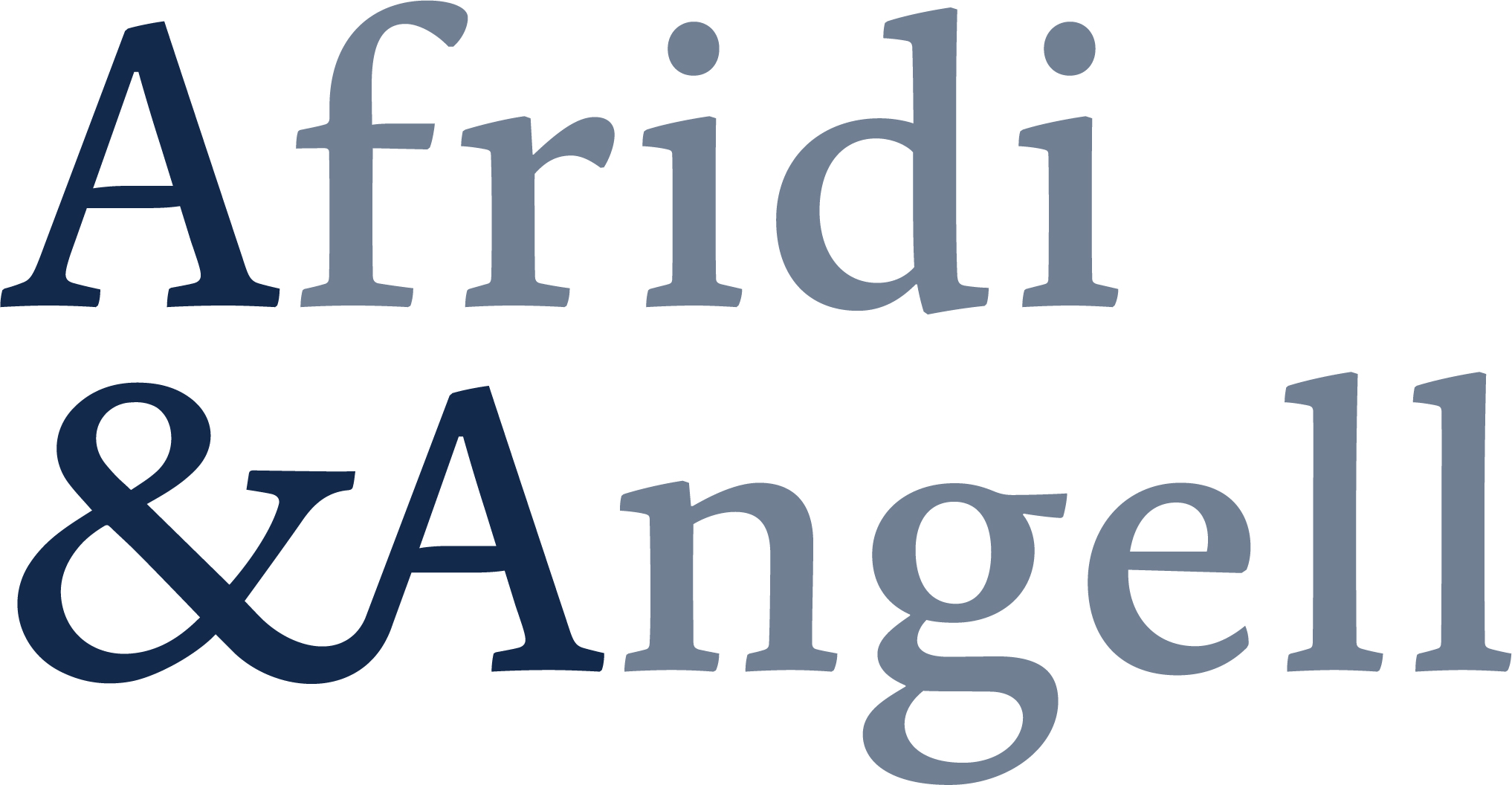 Afridi & Angell
Afridi & Angell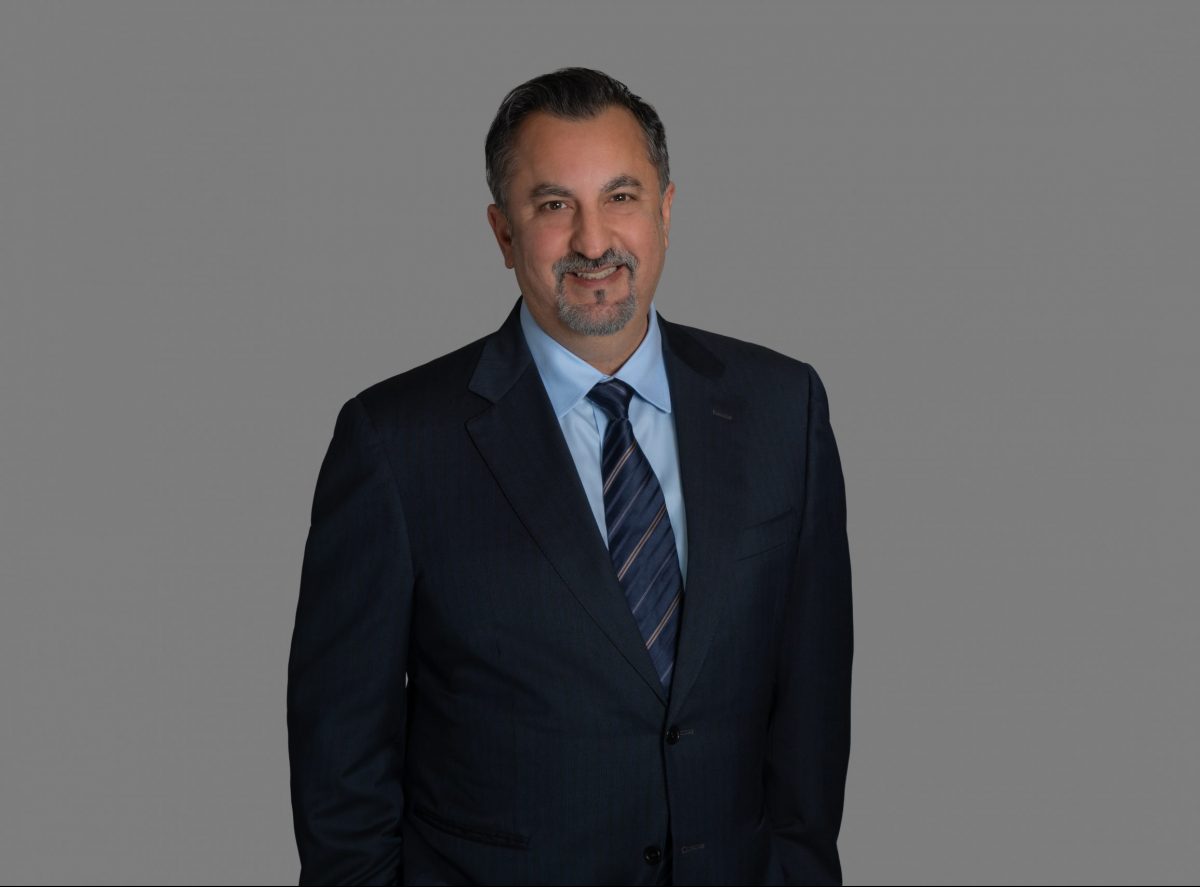 Masood Afridi
Masood Afridi Amjad Ali Khan
Amjad Ali Khan







